
Jbeil District: Where History Meets the Mediterranean Charm
The Jbeil District, nestled along Lebanon's stunning coastline, offers a unique blend of ancient history and vibrant modern life. As one of the oldest continuously inhabited cities in the world, the district’s rich past is evident in its well-preserved archaeological sites, such as the Byblos Castle and ancient Phoenician port. Wander through the cobbled streets of Byblos, the district’s heart, where you can explore traditional souks, ancient churches, and museums that tell stories spanning millennia. Beyond its historical allure, Jbeil District boasts breathtaking natural beauty. The Mediterranean Sea provides a picturesque backdrop to the town’s charming waterfront, where visitors can enjoy fresh seafood at local eateries or simply relax on the scenic beaches. The nearby mountains offer hiking trails with panoramic views, making it a perfect destination for nature lovers and adventure seekers alike. The district is also known for its lively cultural events and festivals. Throughout the year, Jbeil hosts music festivals, art exhibitions, and food fairs that celebrate both local and international talents. Whether you are a history buff, a nature enthusiast, or a cultural explorer, Jbeil District promises an unforgettable experience that captures the essence of Lebanon’s diverse heritage and natural beauty.
Local tips in Jbeil District
- Visit the Byblos Castle early in the morning to avoid crowds and enjoy the serene atmosphere.
- Try the local seafood at the waterfront restaurants for a taste of the Mediterranean cuisine.
- Check out the schedule for local festivals and plan your visit around these lively cultural events.
- Wear comfortable shoes for exploring the cobbled streets and archaeological sites.
- Bring a camera to capture the stunning views from the coastal and mountainous areas.
Jbeil District: Where History Meets the Mediterranean Charm
The Jbeil District, nestled along Lebanon's stunning coastline, offers a unique blend of ancient history and vibrant modern life. As one of the oldest continuously inhabited cities in the world, the district’s rich past is evident in its well-preserved archaeological sites, such as the Byblos Castle and ancient Phoenician port. Wander through the cobbled streets of Byblos, the district’s heart, where you can explore traditional souks, ancient churches, and museums that tell stories spanning millennia. Beyond its historical allure, Jbeil District boasts breathtaking natural beauty. The Mediterranean Sea provides a picturesque backdrop to the town’s charming waterfront, where visitors can enjoy fresh seafood at local eateries or simply relax on the scenic beaches. The nearby mountains offer hiking trails with panoramic views, making it a perfect destination for nature lovers and adventure seekers alike. The district is also known for its lively cultural events and festivals. Throughout the year, Jbeil hosts music festivals, art exhibitions, and food fairs that celebrate both local and international talents. Whether you are a history buff, a nature enthusiast, or a cultural explorer, Jbeil District promises an unforgettable experience that captures the essence of Lebanon’s diverse heritage and natural beauty.
When is the best time to go to Jbeil District?
Iconic landmarks you can’t miss
Byblos Citadel
Discover the enchanting Byblos Citadel, a UNESCO World Heritage Site rich in history and breathtaking views of the Mediterranean coast.
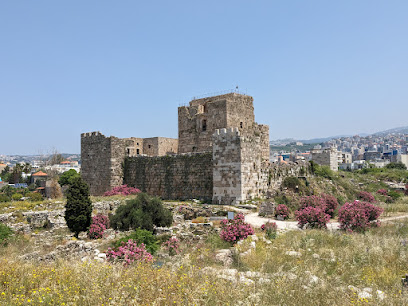
The Old Souq
Explore the vibrant Old Souq of Byblos, a historic marketplace brimming with local crafts, delicious cuisine, and cultural heritage in Lebanon.
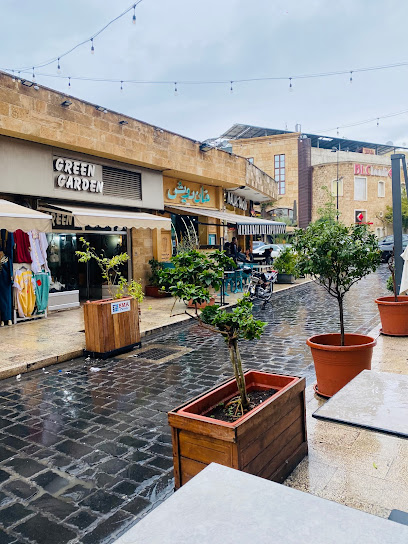
Roadster Diner
Discover the vibrant flavors of Roadster Diner in Byblos, where classic diner favorites meet Lebanese culinary delights in a charming atmosphere.
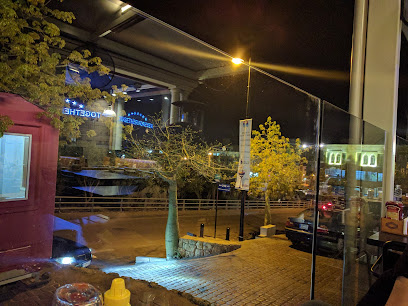
Locanda A La Granda
Experience authentic Lebanese cuisine at Locanda A La Granda, a culinary gem in Byblos, offering a unique dining experience steeped in tradition and flavor.
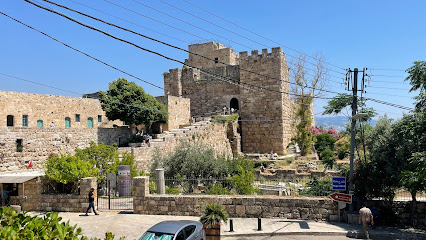
Byblos Dock And Fishing Port
Experience the charm of Byblos Dock and Fishing Port, where history meets the sea in a stunning coastal setting.
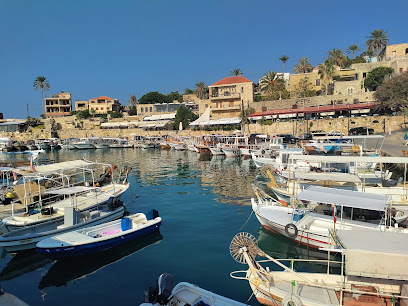
Jbeil Public Park
Explore the lush serenity of Jbeil Public Park in Byblos, Lebanon - a perfect family-friendly destination amidst rich history and vibrant nature.
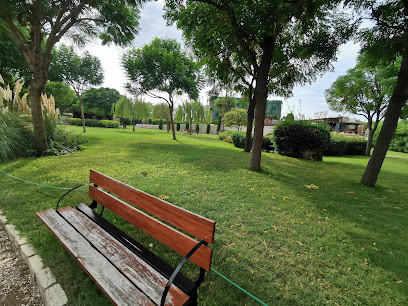
Mon Maki a Moi - Byblos
Discover the exquisite taste of fresh sushi at Mon Maki a Moi in Byblos, an iconic destination for seafood lovers seeking an unforgettable dining experience.
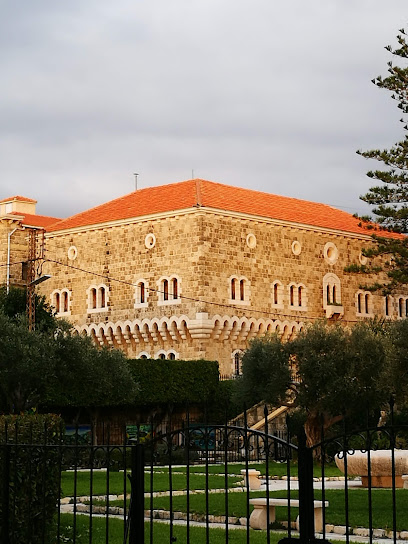
متحف الشمع
Explore Lebanon's history through lifelike wax figures at the Museum of Wax Figures, a unique cultural experience for all ages.
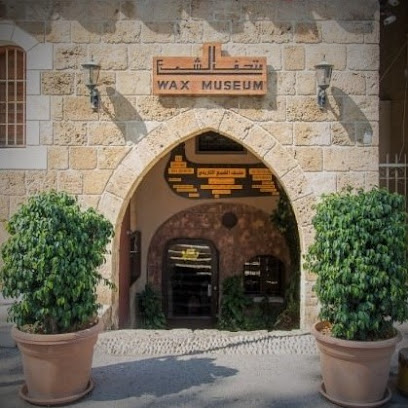
Smar Jbeil Citadel
Explore the historic Smar Jbeil Citadel in Lebanon, where ancient architecture meets breathtaking views and rich cultural heritage.
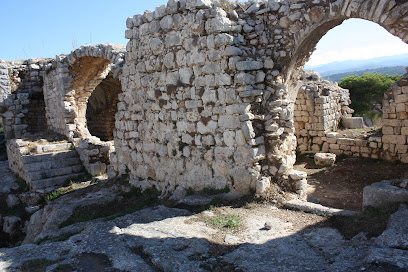
Ancient Byblos
Uncover the historical treasures of Ancient Byblos, a UNESCO World Heritage Site that blends rich history with stunning coastal beauty.
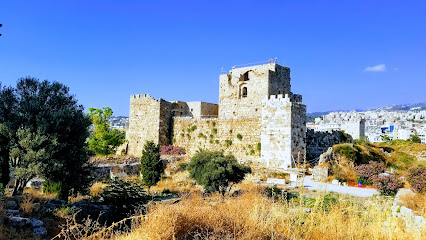
Sultan Abdul Majid Mosque
Explore the breathtaking Sultan Abdul Majid Mosque in Byblos, a symbol of Lebanon's rich heritage and architectural brilliance, perfect for every traveler's itinerary.
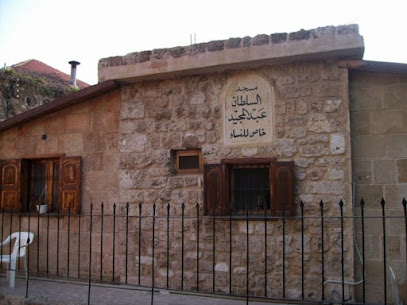
Memory Of Time
Explore the ancient wonders of Byblos at Memory Of Time, where 100 million-year-old fish fossils and rich Lebanese heritage await.
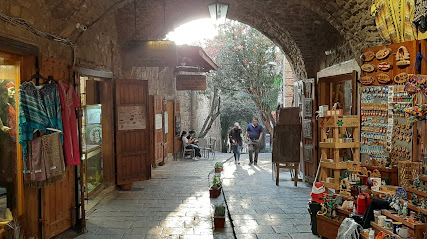
Roman Columns on the Main Street
Discover the majestic Roman Columns on the Main Street of Byblos, a historical landmark that showcases Lebanon's rich architectural heritage.
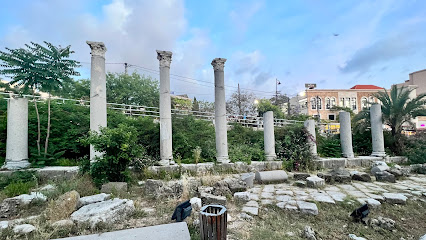
Jbeil Christmas Tree
Discover the magical ambiance of the Jbeil Christmas Tree in Byblos, a historical landmark where festive spirit meets rich cultural heritage.
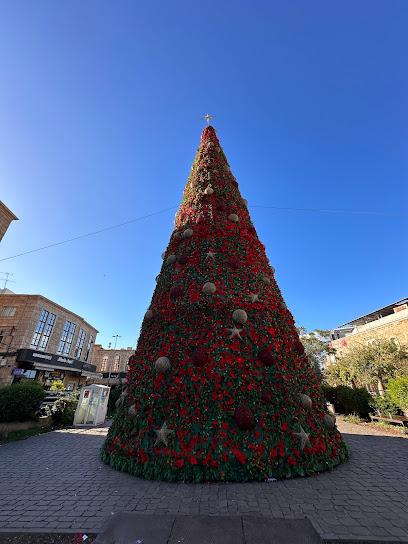
Jbeil Sea Side
Explore Jbeil Sea Side: a stunning Mediterranean escape in Byblos, where history meets breathtaking coastal views.
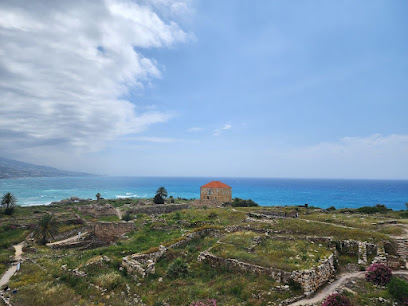
Unmissable attractions to see
Byblos Dock And Fishing Port
Discover the enchanting Byblos Dock and Fishing Port, a vibrant hub of history, culture, and breathtaking Mediterranean views in Lebanon.
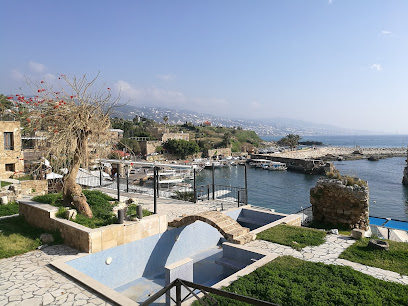
متحف الشمع
Explore the Candle Museum in Lebanon and uncover centuries of history through the art of candle-making, a unique cultural experience for every traveler.
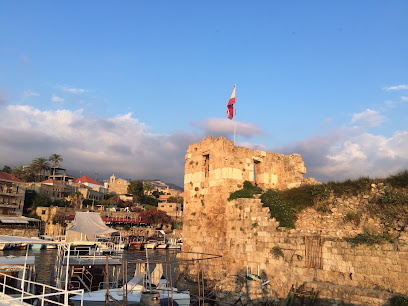
Niha Temple to Hadaranes.
Discover the ancient wonders of Niha Temple, a hidden archaeological gem in Lebanon that reveals the country's rich history and stunning landscapes.
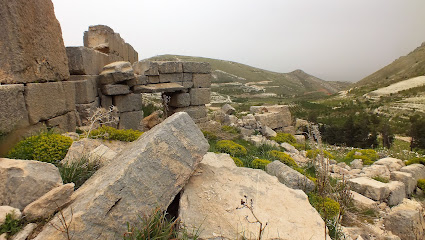
ProX Riding Club
Discover the thrill of ATV riding and snowmobiling at ProX Riding Club, where adventure meets breathtaking landscapes in Kfardebian.
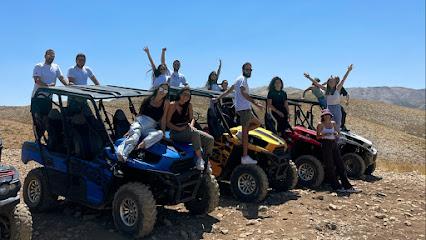
MACAM (Modern and Contemporary Art Museum)
Explore the vibrant world of modern and contemporary art at MACAM, a cultural gem in Aalita, Lebanon, showcasing local and international talent.
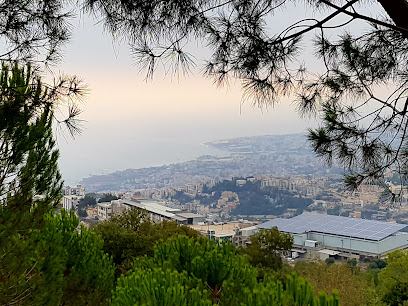
Bmehrine | Byblos Nature | Cassia | The INN
Explore Bmehrine in Byblos: A perfect blend of adventure, nature, and family-friendly fun awaits you in this enchanting Lebanese park.
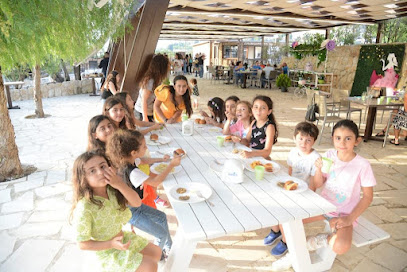
Teatre romà
Explore the ancient Roman theater of Teatre Romà in Byblos, a UNESCO World Heritage site rich in history and stunning architecture.
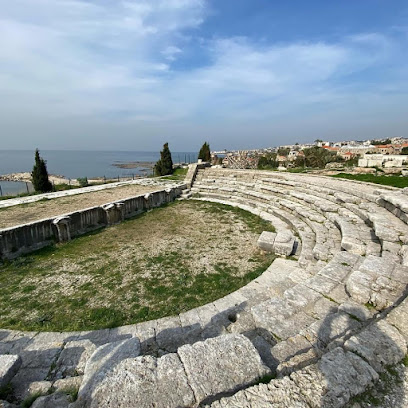
Hosn Niha Roman Temple
Explore the grandeur of Hosn Niha Roman Temple, a historic gem in Lebanon showcasing ancient Roman architecture amidst stunning landscapes.
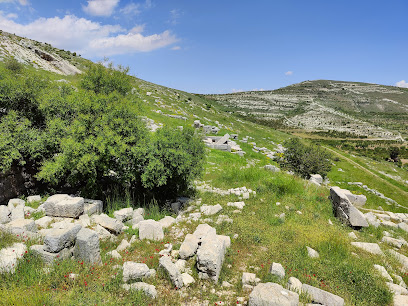
Vero Scultura
Explore the rich artistic heritage at Vero Scultura Museum in Byblos, a hidden gem showcasing Lebanon's cultural narrative through captivating sculptures.
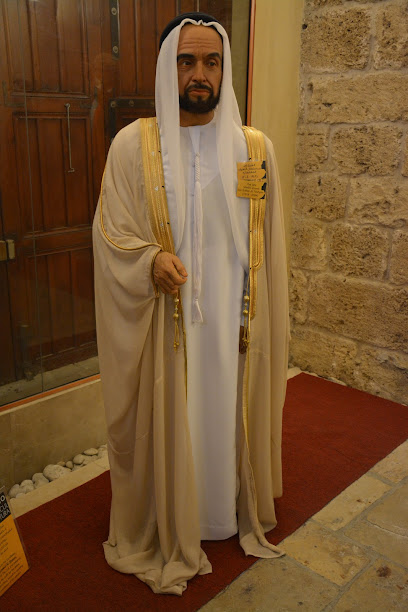
Jbeil Christmas Tree
Discover the magic of the Jbeil Christmas Tree in Byblos, a historical landmark where tradition meets festive spirit amidst stunning Mediterranean views.
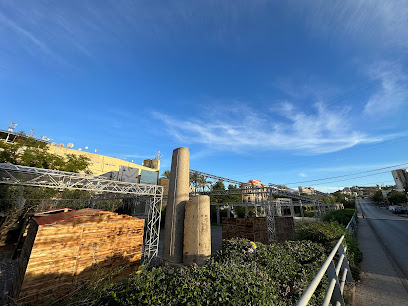
Okaibe Public Beach - شاطئ العقيبة العام
Discover the beauty of Okaibe Public Beach, a serene getaway with golden sands and clear waters, perfect for relaxation and fun in Lebanon.
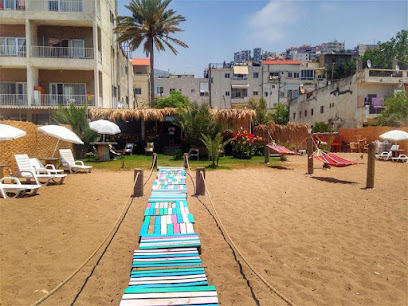
Jrebta, Bentael waterfall
Experience the breathtaking beauty of Jrebta's Bentael Waterfall, a serene escape into Lebanon's stunning natural landscapes.
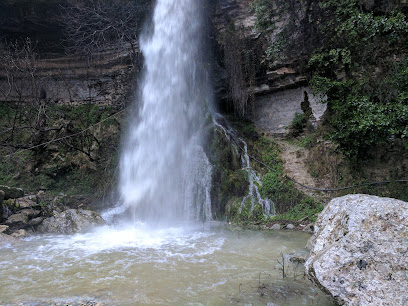
El (L Shaped) Temple
Explore the ancient El (L Shaped) Temple in Byblos, a historical gem that reveals the rich heritage of one of Lebanon's oldest cities.
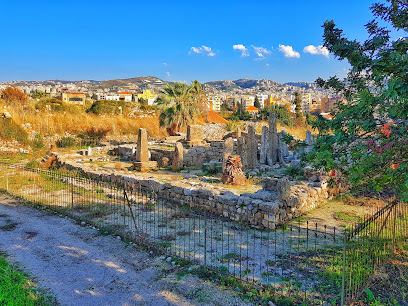
Vero Museum
Explore the Vero Museum in Byblos, where Lebanon's rich history is brought to life through captivating exhibits and interactive displays.
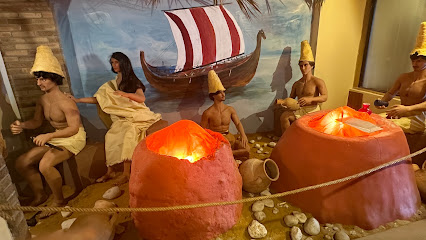
الجسر الروماني - نهر ابراهيم
Explore the Roman Bridge, a stunning architectural gem over the Ibrahim River, and immerse yourself in Lebanon's rich historical heritage.
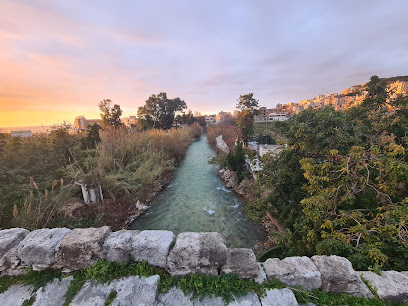
Essential places to dine
Feniqia
Experience authentic Lebanese cuisine at Feniqia in Byblos—where every dish reflects Lebanon's rich culinary heritage.
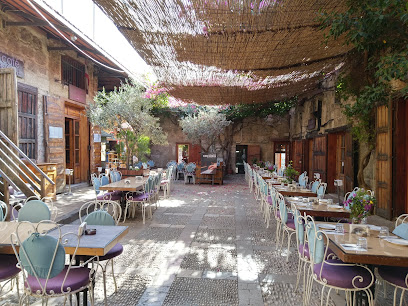
Al Kaddoum Restaurant - مطعم القدّوم
Experience authentic Lebanese flavors at Al Kaddoum Restaurant in Byblos - a culinary journey that delights every palate.
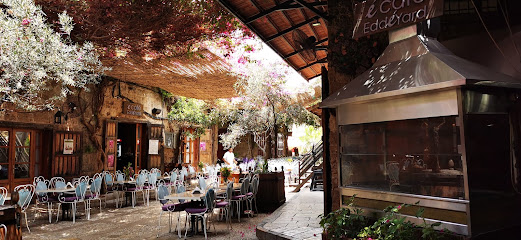
Ksar Lebanese Diner
Experience authentic Lebanese cuisine at Ksar Lebanese Diner in Byblos – where tradition meets flavor in a cozy setting.
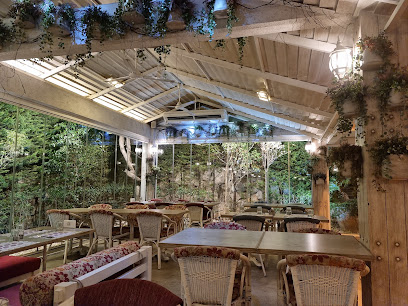
Stephano Cafe
Experience authentic Lebanese cuisine at Stephano Cafe in Byblos - a delightful culinary retreat amidst stunning coastal views.
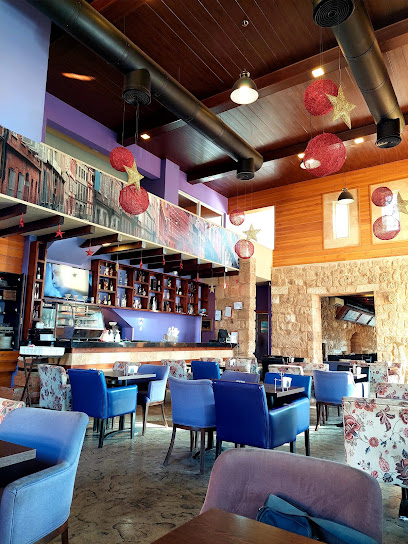
Sapori E Vini
Discover authentic Italian flavors at Sapori E Vini in Byblos – where every dish tells a story of culinary passion.
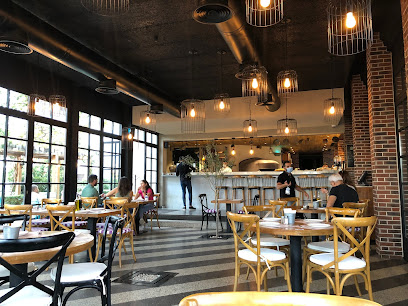
Roadster Diner
Discover Roadster Diner in Byblos – where American diner favorites meet authentic Lebanese flavors for an unforgettable dining experience.
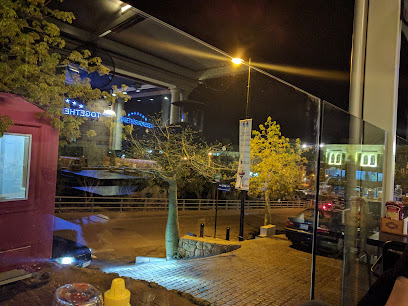
Locanda A La Granda
Discover authentic Lebanese flavors at Locanda A La Granda in Byblos—where tradition meets culinary artistry.
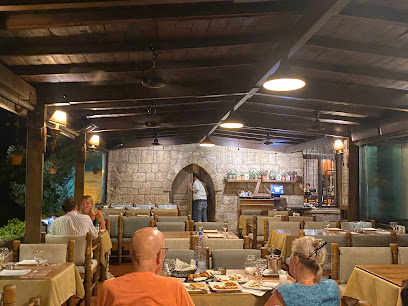
Khan Jbeil
Experience authentic Lebanese cuisine at Khan Jbeil in Byblos—where every dish tells a story and every meal is a celebration.
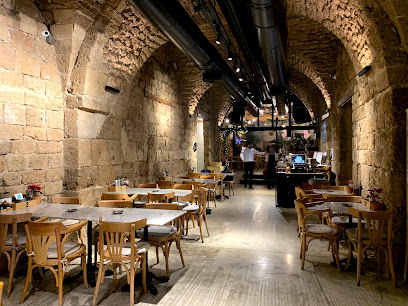
Al Baylassan
Experience the best of Lebanese-American fusion cuisine at Al Baylassan in Byblos – where every meal is a delightful journey.
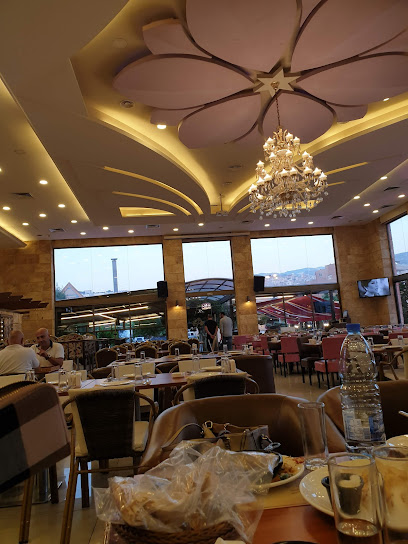
Bab el Mina
Discover the authentic flavors of Lebanese cuisine at Bab el Mina in scenic Mina Jbeil – a culinary journey awaits!
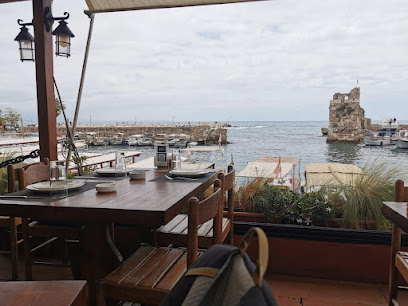
Mon Maki a Moi - Byblos
Experience exquisite sushi dining at Mon Maki a Moi in Byblos, where fresh flavors meet breathtaking Mediterranean views.
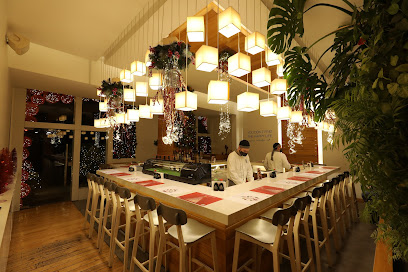
Chez Pépé
Savor exquisite seafood and authentic Lebanese cuisine at Chez Pépé in Byblos - where tradition meets taste.
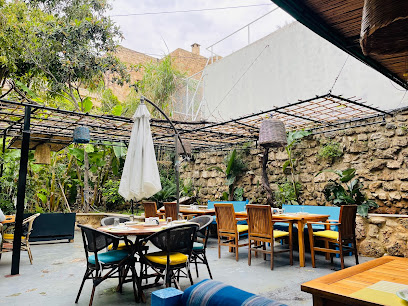
BarItalia Kitchen & Bar
Experience authentic Italian cuisine at BarItalia Kitchen & Bar in Byblos, where every dish tells a story of tradition and flavor.
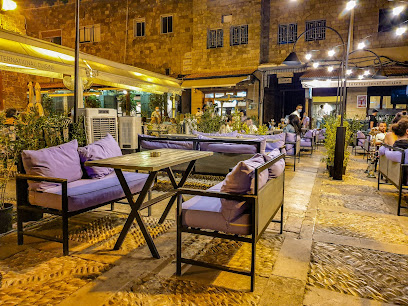
Malena
Savor authentic Lebanese cuisine at Malena in Byblos – where tradition meets flavor in a welcoming atmosphere.
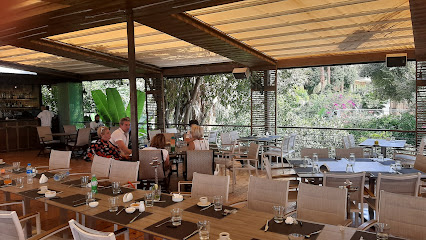
Adonai Le Petit Libanais
Experience authentic Lebanese cuisine at Adonai Le Petit Libanais in Byblos - where tradition meets taste in every delicious bite.
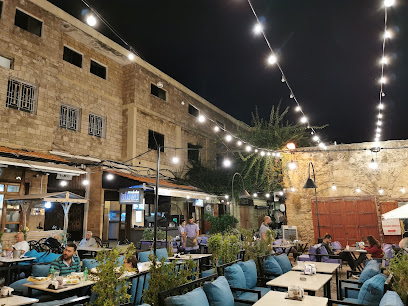
Markets, malls and hidden boutiques
Eldorado Shopping Center
Discover local fashion and unique finds at Eldorado Shopping Center in Byblos, where shopping meets Lebanese culture in a vibrant setting.
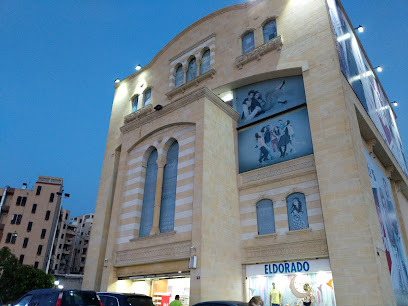
1$ Shop
Explore Byblos' 1$ Shop for unique souvenirs and local treats, all priced at just one dollar, making it the perfect stop for budget-friendly shopping.
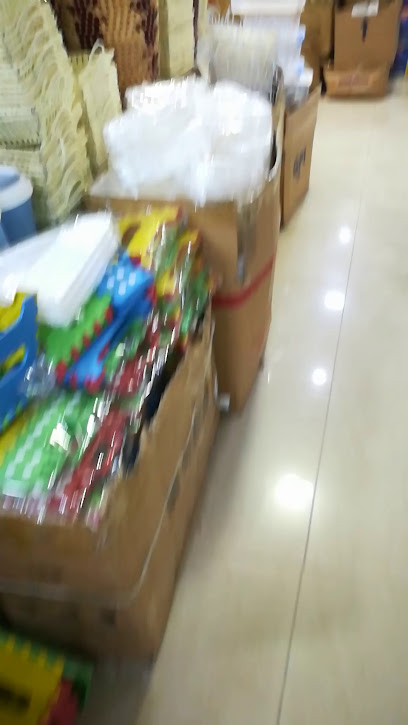
Bloom Authentic Outlet Jbeil
Discover extraordinary deals and a vibrant atmosphere at Bloom Authentic Outlet Jbeil, your ultimate shopping destination in Byblos, Lebanon.
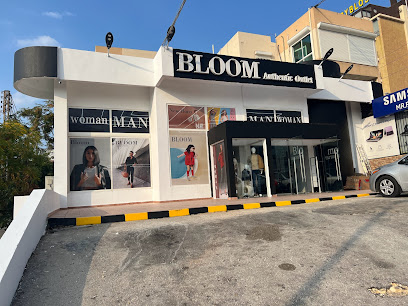
TOYS 4 LESS - JBEIL
Discover a treasure trove of toys at Toys 4 Less in Byblos - a family-friendly haven for young imaginations.
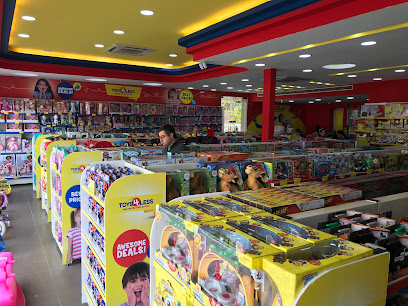
Wow Surprise Jbeil
Explore a treasure trove of authentic Lebanese gifts and souvenirs at Wow Surprise Jbeil, located in the historic city of Byblos.
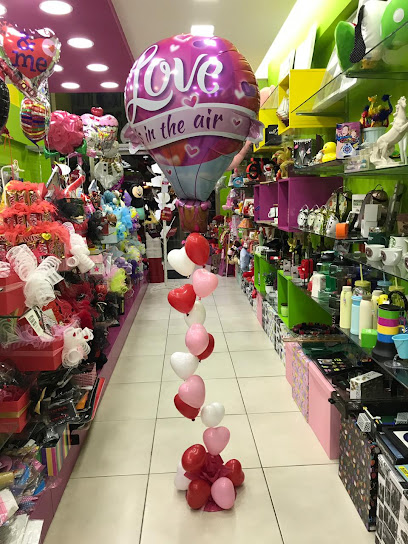
Iskandar Baramili Music Store
Explore a diverse collection of musical instruments at Iskandar Baramili Music Store in Byblos, Lebanon, and discover the sounds of the region.
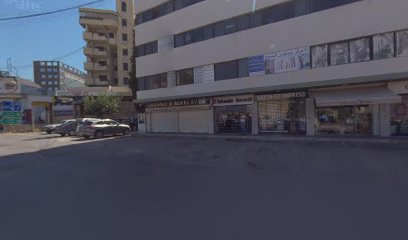
Boutique du Monde | Jbeil
Experience the charm of Byblos at Boutique du Monde, where tradition meets modern elegance in handcrafted furniture and decor.
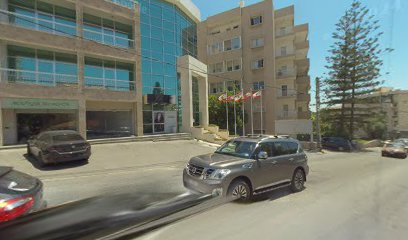
Afkar & Hiraf Shop
Explore Afkar & Hiraf Shop in Old Souk Jbeil for unique Lebanese souvenirs and a heartfelt shopping experience that celebrates local artistry.

La Reine-Jbeil
Discover the essence of Lebanese fashion at La Reine-Jbeil in Byblos, where modern style meets rich cultural heritage.
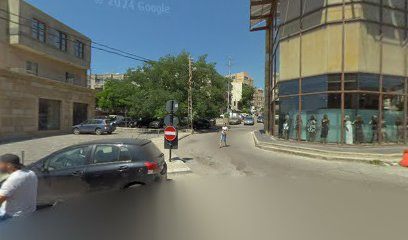
JOFOUNDIT
Explore JOFOUNDIT in Byblos for unique handcrafted souvenirs that embody the rich culture of Lebanon, nestled in the historic Old Souk.
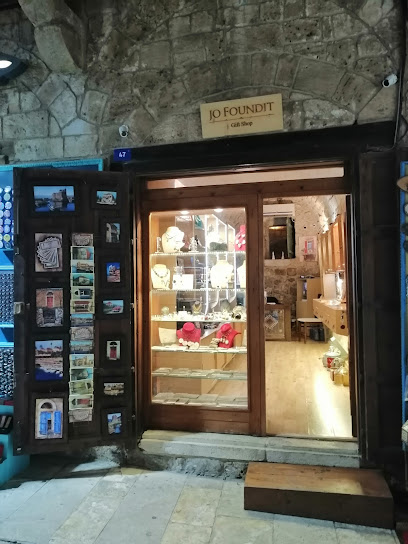
Brandlikenew.lb2
Explore the vibrant shopping experience at Brandlikenew.lb2 in Byblos, where modern retail meets historical charm.
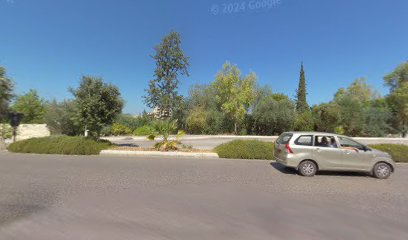
Lagoon shoes
Explore Lagoon Shoes in Byblos for stylish and durable footwear that complements your travel adventures in this ancient city.
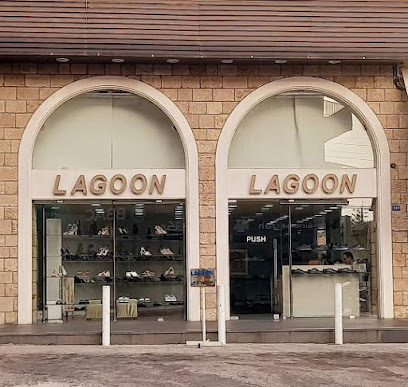
The Discount Shop - Byblos
Explore the vibrant fashion scene at The Discount Shop in Byblos, where style meets affordability in a historic setting.
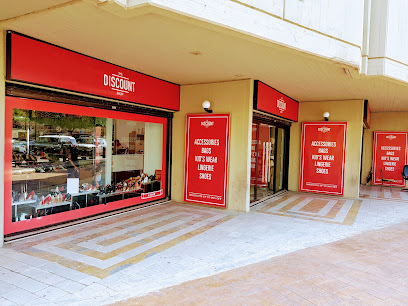
jbiel
Discover authentic Lebanese products and unique souvenirs at jbiel Store in Byblos, a cultural treasure trove for tourists.
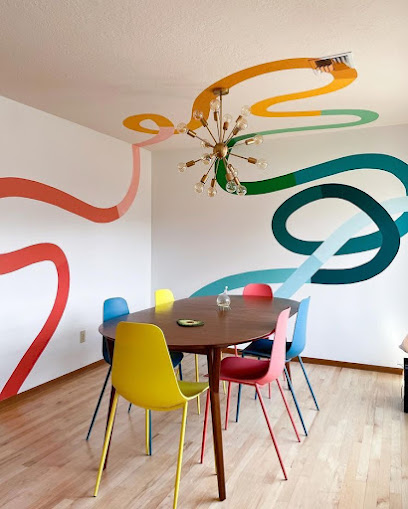
Avec plaisir
Discover unique fashion accessories that blend modern style with Lebanese heritage at Avec Plaisir in Byblos.
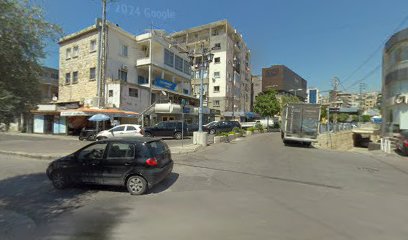
Essential bars & hidden hideouts
Kina handcrafted bar
Experience the charm of Byblos at Kina Handcrafted Bar, where artisanal drinks meet a relaxing atmosphere. Perfect for unwinding after a day of exploration.
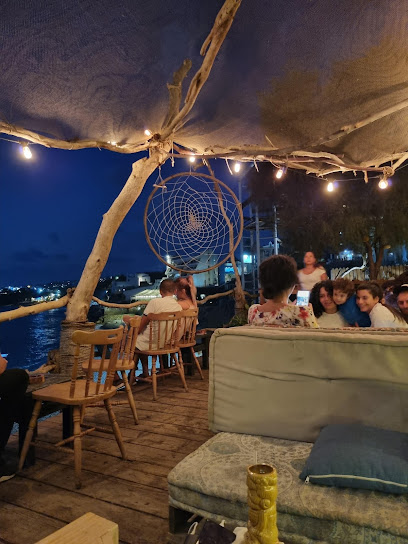
Frolic, pub & cafe
Experience the heart of Byblos at Frolic Pub & Cafe, where traditional flavors meet a modern café atmosphere in the historic Old Souk.
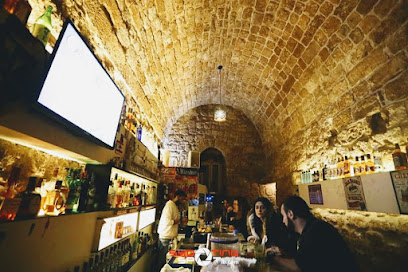
Archive The Club
Discover the vibrant nightlife of Byblos at Archive The Club, a lively pub offering excellent drinks and a welcoming atmosphere.
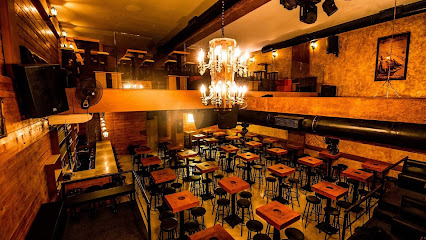
Garden By La storia
Experience vibrant nightlife and authentic Italian cuisine at Garden By La Storia in Byblos' charming Old Souk.
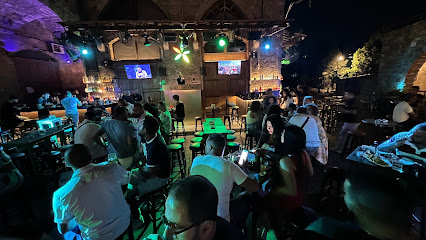
Oasis
Experience the vibrant atmosphere and stunning sunsets at Oasis Bar in Byblos - a perfect retreat for relaxation and socializing by the sea.
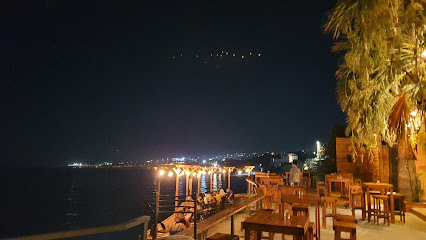
Ashtar - Jazz Bar
Discover the enchanting rhythms of jazz at Ashtar, a vibrant bar in Byblos that offers an unforgettable musical experience.
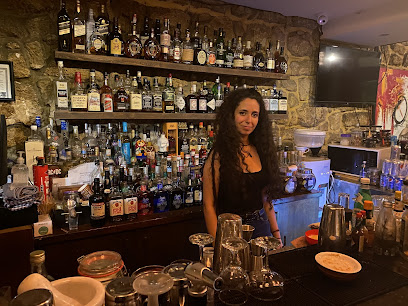
Drink and Sing Jbeil
Discover the lively karaoke culture at Drink and Sing Jbeil, a vibrant pub in the heart of Byblos, where music and fun come together.
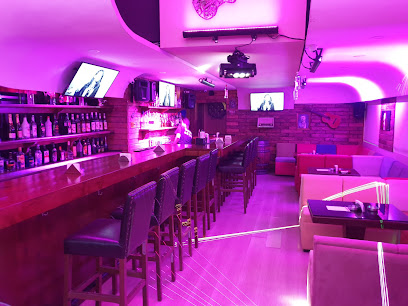
Moreliabar
Experience the vibrant flavors and lively ambiance of Moreliabar, a must-visit bar and Mexican restaurant in historical Byblos.
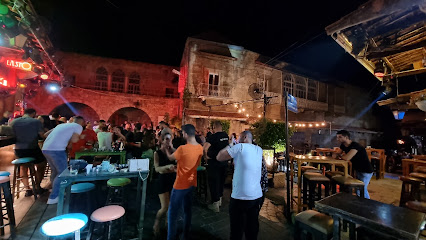
Old Pub, Cafe & Pub
Experience the rich ambiance of Byblos at the Old Pub, Cafe & Pub, where tradition meets modern comfort in a vibrant setting.
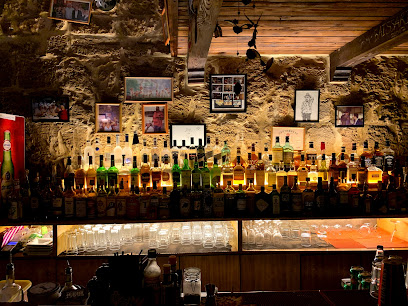
wod.lb
Discover Byblos, a historic Lebanese gem where ancient ruins meet vibrant nightlife, perfect for tourists seeking culture and excitement on the coast.
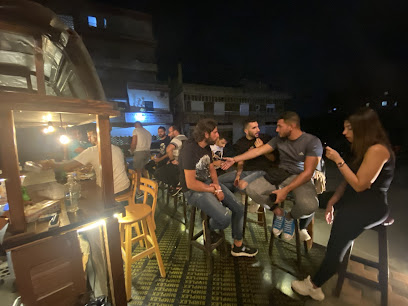
Nero Resto Bar
Discover the vibrant atmosphere of Nero Resto Bar in Byblos, where local flavors meet a lively social scene, perfect for unwinding or socializing.
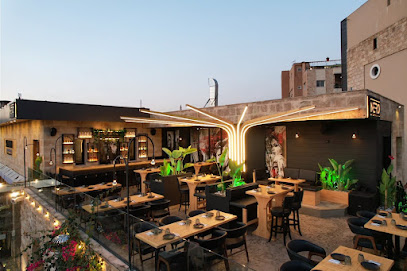
Le bistro de byblos
Discover the vibrant nightlife of Byblos at Le Bistro de Byblos, where tradition meets modern pub culture in a lively atmosphere.
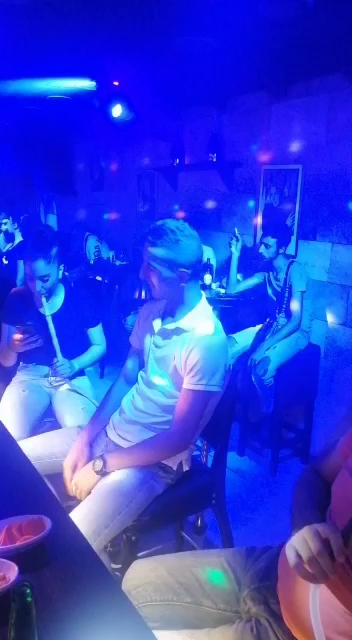
Monkey Tale Lebanon
Experience the vibrant nightlife at Monkey Tale Lebanon, a perfect bar in Byblos for cocktails, local flavors, and stunning Mediterranean views.
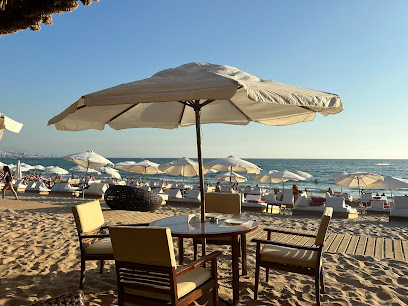
Cueva Byblos
Experience the vibrant nightlife of Byblos at Cueva Byblos, a charming bar offering exquisite drinks and a delightful atmosphere.
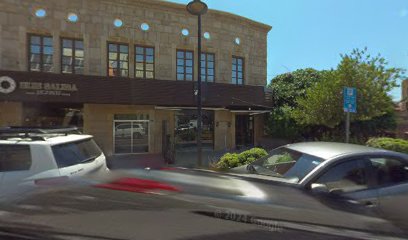
Jbeil
Explore Jbeil: A fusion of ancient history and vibrant nightlife on the stunning Lebanese coast.
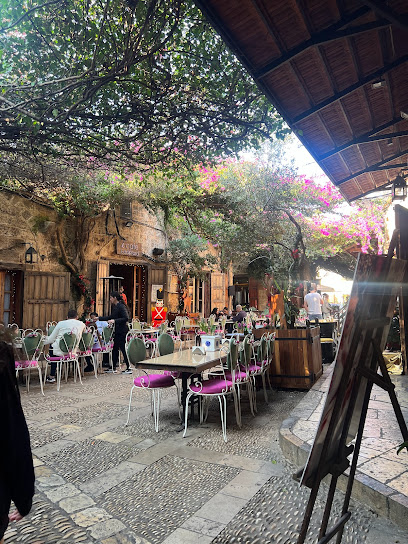
Local Phrases about Jbeil District
-
- Helloمرحبا
[marhaba] - Goodbyeمع السلامة
[maa assalama] - Yesنعم
[naam] - Noلا
[laa] - Please/You're welcomeمن فضلك
[min fadlik] - Thank youشكرا
[shukran] - Excuse me/Sorryعذرا
[udhran] - How are you?كيف حالك؟
[keef haalak?] - Fine. And you?بخير. وأنت؟
[bikhayr. want?] - Do you speak English?هل تتحدث الإنجليزية؟
[hal tatahadath al-inglizia?] - I don't understandلا أفهم
[laa afham]
- Helloمرحبا
-
- I'd like to see the menu, pleaseأود أن أرى القائمة، من فضلك
[awad an ara al-qaimah, min fadlik] - I don't eat meatأنا لا آكل اللحم
[ana la akl al-lahm] - Cheers!صحتين!
[sahhtain] - I would like to pay, pleaseأود أن أدفع، من فضلك
[awad an adfaa, min fadlik]
- I'd like to see the menu, pleaseأود أن أرى القائمة، من فضلك
-
- Help!النجدة!
[al-najdah!] - Go away!انصرف!
[ansarif!] - Call the Police!اتصل بالشرطة!
[itassal bil-shurta!] - Call a doctor!اتصل بطبيب!
[itassal bitabib!] - I'm lostلقد ضللت
[laqad dalalt] - I'm illأنا مريض
[ana mareed]
- Help!النجدة!
-
- I'd like to buy...أرغب في شراء...
[araghb fi shira...] - I'm just lookingأنا فقط أتفرج
[ana faqat atfarrag] - How much is it?كم سعره؟
[kam siroh?] - That's too expensiveهذا غالي جدا
[hatha ghali jiddan] - Can you lower the price?هل يمكنك تخفيض السعر؟
[hal yumkinuk takhfid al-siroh?]
- I'd like to buy...أرغب في شراء...
-
- What time is it?كم الساعة؟
[kam al-saa?] - It's one o'clockالساعة الواحدة
[al-saa al-wahidah] - Half past (10)العاشرة والنصف
[al-ashirah wal-nisf] - Morningالصباح
[al-subah] - Afternoonالمساء
[al-masa] - Eveningالليل
[al-layl] - Yesterdayأمس
[ams] - Todayاليوم
[al-yawm] - Tomorrowغدا
[ghadan] - 1واحد
[wahid] - 2اثنان
[ithnan] - 3ثلاثة
[thalatha] - 4أربعة
[arbaa] - 5خمسة
[khamsa] - 6ستة
[sitta] - 7سبعة
[sabaa] - 8ثمانية
[thamania] - 9تسعة
[tasia] - 10عشرة
[asharah]
- What time is it?كم الساعة؟
-
- Where's a/the...?أين هو/هي...؟
[ayn huwa/hiya...?] - What's the address?ما هو العنوان؟
[ma huwa al-unwan?] - Can you show me (on the map)?هل يمكنك أن تريني (على الخريطة)؟
[hal yumkinuk an tarini (ala al-kharitah)?] - When's the next (bus)?متى الحافلة القادمة؟
[mata al-hafila al-qadima?] - A ticket (to ....)تذكرة (إلى ...)
[tathkira (ila ...)]
- Where's a/the...?أين هو/هي...؟
History of Jbeil District
-
Byblos, one of the oldest continuously inhabited cities in the world, is located in the Jbeil District. It was founded as Gebal by the Phoenicians around 5000 BCE. Byblos played a crucial role in maritime trade and was a center for the papyrus trade, which is how the Greek word for book, 'biblion,' was derived from the name of the city.
-
The Phoenicians of Byblos are credited with developing one of the first alphabets around 1000 BCE. This writing system greatly influenced other alphabets, including Greek and Latin, and revolutionized communication and record-keeping in the ancient world.
-
Byblos had strong trade relations with Ancient Egypt, especially during the Old Kingdom period. Archaeological finds, such as the Obelisk Temple and inscriptions in Egyptian hieroglyphs, attest to the presence and influence of Egyptian culture in the city.
-
The Crusader Castle in Byblos was built by the Crusaders in the 12th century on the ruins of earlier fortifications. It is an imposing structure that showcases the military architecture of the Crusader period and offers panoramic views of the surrounding area.
-
During the Roman and Byzantine periods, Byblos continued to thrive as a major port city. Roman temples, roads, and a theater were constructed, many of which can still be seen today. The Byzantine era saw the construction of churches, including the Church of St. John the Baptist.
-
Byblos came under Ottoman rule in the early 16th century. During this period, the city experienced changes in administration and architecture, including the construction of Ottoman-style houses and public buildings.
-
Today, Jbeil is a vibrant mix of ancient history and modern culture. It was designated as a UNESCO World Heritage Site in 1984 due to its rich historical significance. The city is known for its well-preserved archaeological sites, charming old souks, and lively waterfront.
Jbeil District Essentials
-
Jbeil District, also known as Byblos District, is located along the coast of Lebanon. The nearest international airport is Beirut-Rafic Hariri International Airport (BEY), approximately 40 kilometers away. From Beirut, you can take a taxi or private car to Jbeil, which typically takes around 45 minutes to an hour by road, depending on traffic. Public buses and mini-buses also run from Beirut to Jbeil, offering a more economical option, though the journey may take longer.
-
In Jbeil District, you can get around by walking, as many attractions are within close proximity. Taxis are readily available and can be hailed on the street or booked via phone. Ride-hailing apps like Uber and Careem also operate in the area. For those looking to explore beyond Byblos, renting a car is a convenient option, though be prepared for Lebanese driving styles and traffic.
-
The official currency in Lebanon is the Lebanese Pound (LBP), also known as the Lebanese Lira. US Dollars are widely accepted, and many prices are quoted in both currencies. Credit cards are accepted in most hotels, restaurants, and larger shops, but it is advisable to carry cash for smaller establishments and markets. ATMs are widely available in Jbeil, allowing for easy withdrawal of cash.
-
Jbeil District is generally considered safe for tourists. However, standard precautions should be taken. Avoid walking alone at night in unfamiliar areas and keep an eye on your personal belongings, especially in crowded places. There are no specific high-crime areas targeting tourists in Jbeil, but it is always best to stay vigilant and aware of your surroundings.
-
In case of an emergency, dial 112 for police assistance, 140 for an ambulance, and 175 for the fire department. Jbeil has several medical facilities, including Byblos Hospital and Saint George Hospital, which provide emergency services. Ensure you have travel insurance that covers medical emergencies. Pharmacies are available throughout the district for over-the-counter medications.
-
Fashion: Do dress modestly, especially when visiting religious sites. Avoid wearing revealing clothing. Religion: Do show respect for local customs and religious practices. Always cover your head and wear modest attire when entering churches and mosques. Public Transport: Do be courteous and give up your seat to elderly passengers. Don’t eat or drink on public transport. Greetings: Do greet people with a friendly 'Marhaba' (hello). A handshake is common, but a kiss on the cheek may also be used among friends. Eating & Drinking: Do try local dishes and accept food offerings graciously. Don’t refuse hospitality, as it is considered impolite.
-
To experience Jbeil District like a local, visit the traditional souks where you can find handmade crafts and fresh produce. Engage with locals, as they are often friendly and eager to share stories about the area's rich history. Don't miss the Byblos Castle, the ancient port, and the Phoenician ruins. For a unique experience, attend one of the many cultural festivals held throughout the year, such as the Byblos International Festival, which showcases a mix of local and international music.
Trending Landmarks in Jbeil District
Nearby Cities to Jbeil District
-
Things To Do in Batroun
-
Things To Do in Jounieh
-
Things To Do in Broummana
-
Things To Do in Beirut
-
Things To Do in Aley
-
Things To Do in Bcharre
-
Things To Do in Zahle
-
Things To Do in Deir el Qamar
-
Things To Do in Anjar
-
Things To Do in Baalbek
-
Things To Do in Sidon
-
Things To Do in Rashaya
-
Things To Do in Marjayoun
-
Things To Do in Tyre
-
Things To Do in Rosh HaNikra












